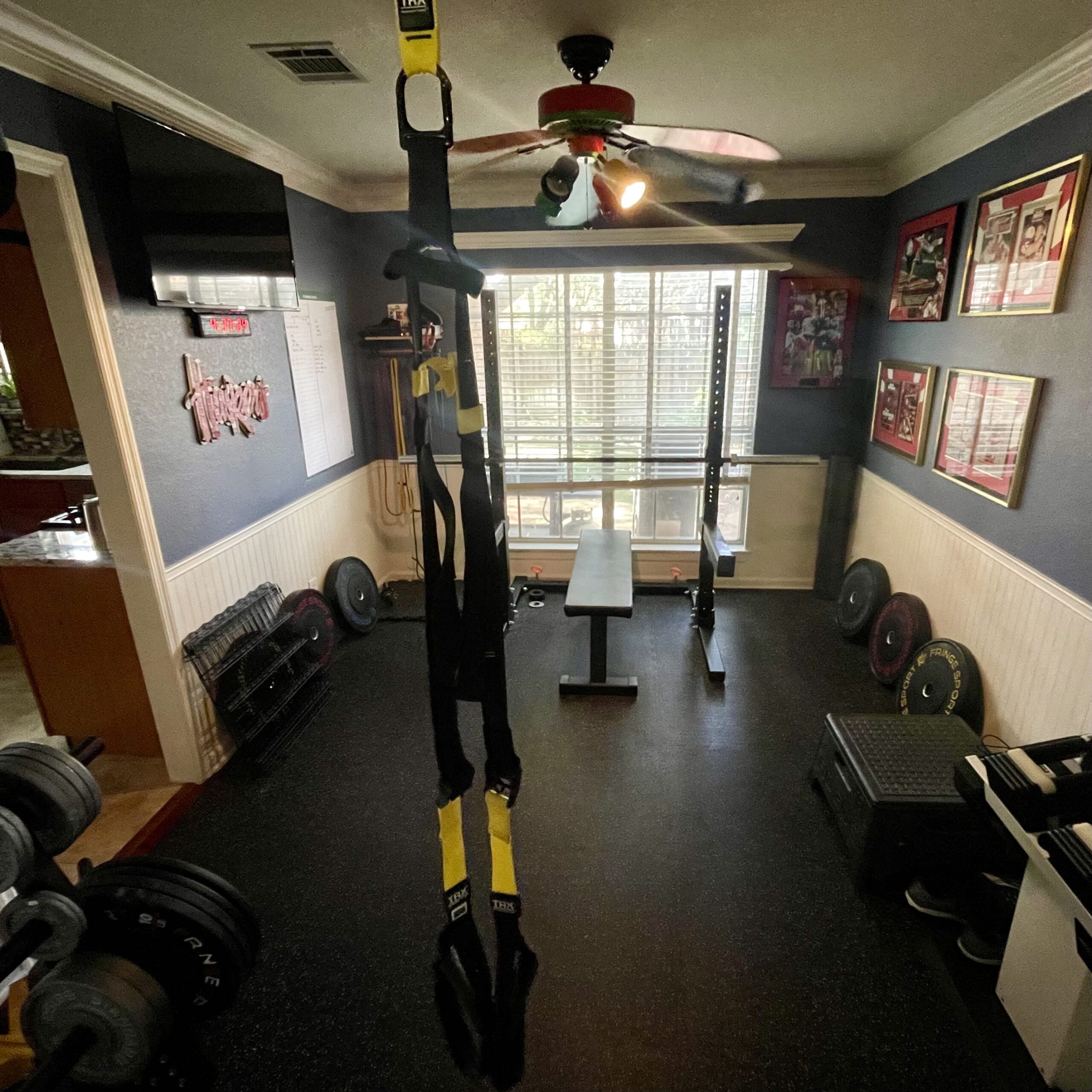Every week at the Bodysmith we have a coaches meeting, and a few weeks ago, we were talking about stress and how it can affect our members and ourselves. If you’ve read some of my blogs you may already know that we have three Foundations of Health at the Bodysmith—nutrition, recovery and exercise. What that means is that sometimes we need to coach people to do something that is unexpected. For example, I’ve sent members home to take a nap instead of working out when they need to recover instead of exercise. This may seem crazy for a gym owner to send people away from his business but I believe it can be the right thing to do. Let me explain why.
Stress Redefined?
Most of us think of stress as being emotional or psychological. Jobs, relationships…sometimes even the daily news…can all take their toll on our energy level and ability to focus. But there are many other factors that don’t always come to mind. So here’s a short list of sources of emotional/psychological stress I came up with in just a minute:
- work
- relationships
- family
- traumatic experiences
- poor self-esteem
- depression
But there is another category of stressors—physical stressors—that most of us don’t talk about, including:
- exercise
- injury
- illness
- pain
- lack of sleep
- poor nutrition
But this is just a small list, remember. We could even add a separate category for chemical/electrical stressors to account for the unnatural environments in which we find ourselves today. This would include all the weird chemicals, processed foods, cleaning agents, poor quality air, electromagnetic radiation, etc. to which we are exposed every day.
Just as it’s important to realize where stress comes from, we must recognize that stress doesn’t always produce negative outcomes. After all, some people do their best work when a deadline is looming, and even more clearly part of our job at the Bodysmith is to stress peoples’ bodies through exercise to stimulate improvement. But, as the saying goes: everything in moderation. When we forget this old adage, we tend to take things too far.
When Too Much of a Good Thing Becomes a Bad Thing
It’s easy to fall into this trap. For example, the job is not going well, so we work longer hours and deprive ourselves of even more sleep. We are in a period of low self-esteem and so we overeat before launching ourselves into a period of over-exercise to compensate.
This teeter-totter effect or “tug of war” inside of us makes things even worse. Beating up our bodies and our emotional core requires large amounts of energy. And since we have only so much energy available it’s inevitable that something will give out.
Let’s get scientific for a second. There is a term, allostatic load, that refers to a summation of all stressors on the mind and body. This leads to a performance model that shows too little stress is detrimental to performance, and too much stress results in the same.
- Too little stress, and we can lose motivation, become deconditioned, and sluggish. Not good, right?
- Too much chronic, high levels of stress and we start to breakdown in performance on a physical and/or mental level. This can mean exhaustion, low motivation, and even injury and illness. And that’s even worse than too little stress!
Let’s Talk About Mary…
A few years ago, one of our members—let’s call her Mary—was having troubles. She was over 60, retired, and determined to take control of her health, but her latest physical results showed her blood pressure, cholesterol, and weight were all creeping up. Mary was determined, though, so she jumped in changed her eating habits and began hitting the gym hard five days every week. She made big progress and was even more determined to improve her markers. But then something happened. Her progress stalled, and she started accumulating aches and pains she didn’t have before.
She was frustrated as I began to explain that the trick with exercise is to apply enough of the stress of exercise to get the desired results without overdoing it. The idea is to have a “minimum effective dose” of exercise (stress) that allows the body to recover, rebuild and become stronger. As we talked, Mary reluctantly agreed to cut back to three days a week. Can you guess what happened?
She felt better, her aches improved, her blood pressure lowered, and she reached her goal weight. All while setting a state record in powerlifting. Not too shabby if you ask me.
The moral of Mary’s story
We can only tolerate so much stress. Different people handle different amounts better than others, and that’s alright. Sometimes you need to back off on things to redirect your energies elsewhere.
So, the next time you are exhausted and NEED to get to the gym I only ask that you consider going home, relaxing with a healthy meal, and going to bed early. You might be surprised at your results.
–Coach Brad


